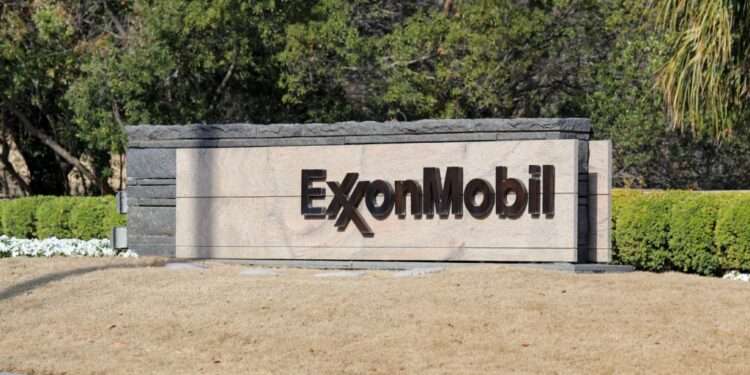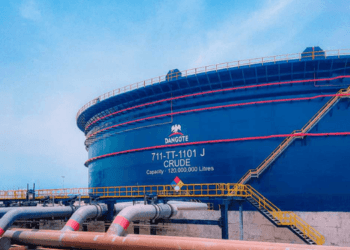Exxon, one of the world’s largest energy companies, has issued a stark warning to the European Union to ease regulatory barriers or risk losing billions of dollars in climate investment.
The company’s threat comes amidst frustrations over what it perceives as excessive red tape hindering the implementation of crucial transition-related projects.
In a report, Exxon expressed dissatisfaction with the bureaucratic hurdles faced in the EU, citing lengthy project approval processes and regulatory complexities as major obstacles.
Karen McKee, President of Exxon Product Solutions, lamented the lack of confidence in the EU’s ability to provide long-term, predictable policies, essential for making substantial investments in decarbonization efforts.
McKee’s concerns are echoed by other industry players who argue that navigating the regulatory landscape in the EU is a slow and arduous process. The promise of a “predictable and simplified regulatory environment” under the EU’s Green Deal has yet to materialize fully, leaving businesses grappling with delays and uncertainties.
Moreover, access to funding, a critical component for driving climate transition projects, remains sluggish despite being highlighted as a priority in the EU’s agenda.
The disconnect between rhetoric and action has spurred frustration among business leaders, prompting them to convene in Belgium to urge EU officials to translate promises into tangible measures.
The ramifications of regulatory inertia extend beyond Exxon’s ultimatum, with concerns mounting over the broader implications for European competitiveness.
Perceived Deindustrialization of the European Economy
The perceived deindustrialization of the European economy is a shared apprehension among industry stakeholders, compounded by fears of driving investments away to more accommodating jurisdictions.
The urgency of the situation is underscored by recent protests, such as those by farmers in France and Belgium, where red tape has been singled out as a contributing factor.
Leaders like Emmanuel Macron and Alexander de Croo have joined the chorus of voices calling for streamlined regulations to alleviate burdens on businesses and foster economic growth.
As the EU grapples with the challenge of balancing environmental imperatives with economic pragmatism, the onus is on policymakers to expedite regulatory reforms and deliver on commitments to create an enabling environment for sustainable investment.
Failure to act decisively risks not only alienating major stakeholders like Exxon but also stalling progress towards a greener and more resilient future for Europe.
In response to Exxon’s ultimatum and the broader concerns voiced by industry leaders, the European Union faces a pivotal moment in its quest for climate leadership. The imperative to strike a balance between environmental ambition and economic viability has never been more pressing.
While regulatory streamlining is essential, it must be coupled with robust mechanisms to ensure that environmental safeguards are not compromised.
Collaborative efforts between policymakers, industry stakeholders, and civil society are crucial to navigating this complex terrain and charting a path towards a sustainable and prosperous future for Europe. Only through concerted action can the EU realize its vision of becoming a global beacon for climate innovation and responsible stewardship of the planet.
READ ALSO: Taiwan Protests China Boarding Tourist Boat Near Kinmen





















